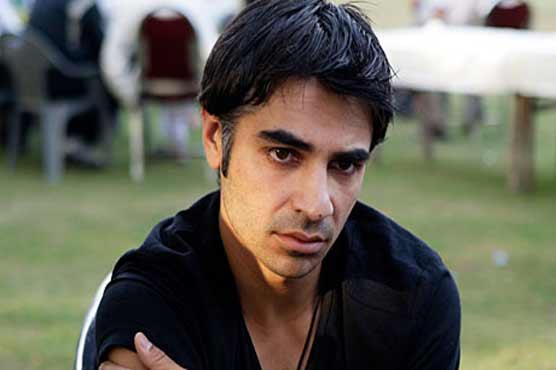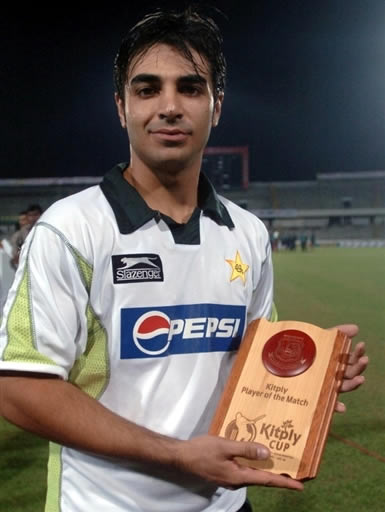Umar Akmal Biography
Source(google.com.pk)aying role Middle-order batsman
Batting style Right-hand bat
Fielding position Occasional wicketkeeper
Relation Brother - Kamran Akmal, Brother - Adnan Akmal
The runs didn't cease to flow for Umar Akmal, the younger brother of Pakistan wicketkeeper Kamran and Adnan, in his maiden first-class season. In a triumphant 2007-08 for Sui Northern Gas Pipelines Limited, Umar failed to score in his first outing but then went on to amass 855 runs from nine matches in the Quaid-e-Azam Trophy, at an average of 77.72 and an impressive strike-rate of 90.18. He showed a penchant for both brisk and big scoring, with knocks of 248 off 225 balls and 186 off 170. In January 2008, he was picked in Pakistan's Under-19 team for the World Cup in Malaysia. He was the leading run-getter - with 255 runs at a strike-rate of 123.18 - in a tri-nation tournament involving England and Sri Lanka in the lead-up to the World Cup. A successful tour of Australia with Pakistan A was followed up a maiden international call-up for the ODIs in Sri Lanka, and Umar started off with a half-century in his second game and a power-packed hundred in his third. A Test call-up was inevitable and he gave an optimistic glimpse into the future of Pakistan cricket, with a century on debut, under pressure followed by a string of consistent scores in New Zealand.
Umar Akmal

Umar Akmal

Umar Akmal

Umar Akmal
com.jpg)
Umar Akmal

Umar Akmal

Umar Akmal

Umar Akmal

Umar Akmal

Umar Akmal

Umar Akmal

Umar Akmal






































